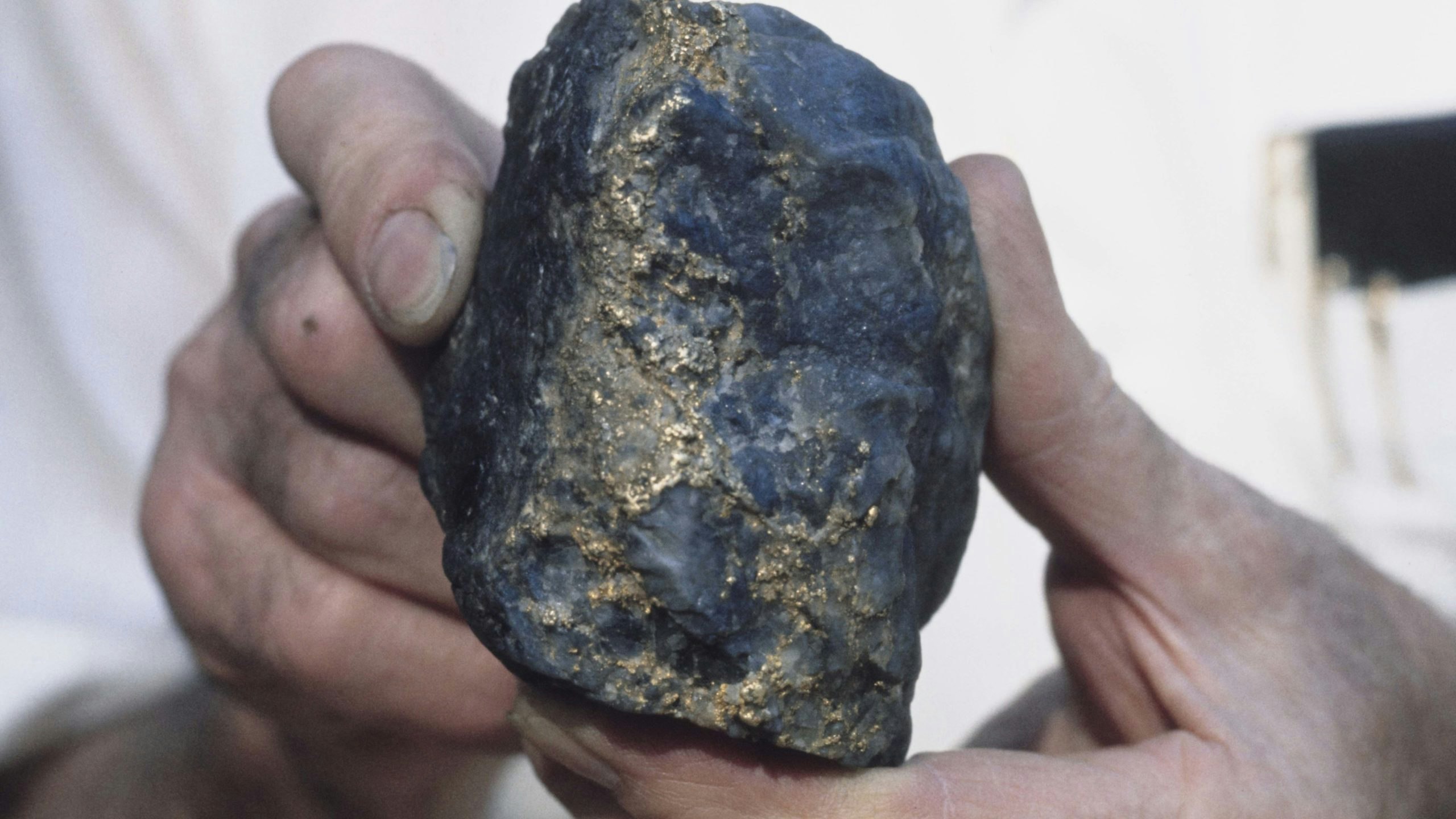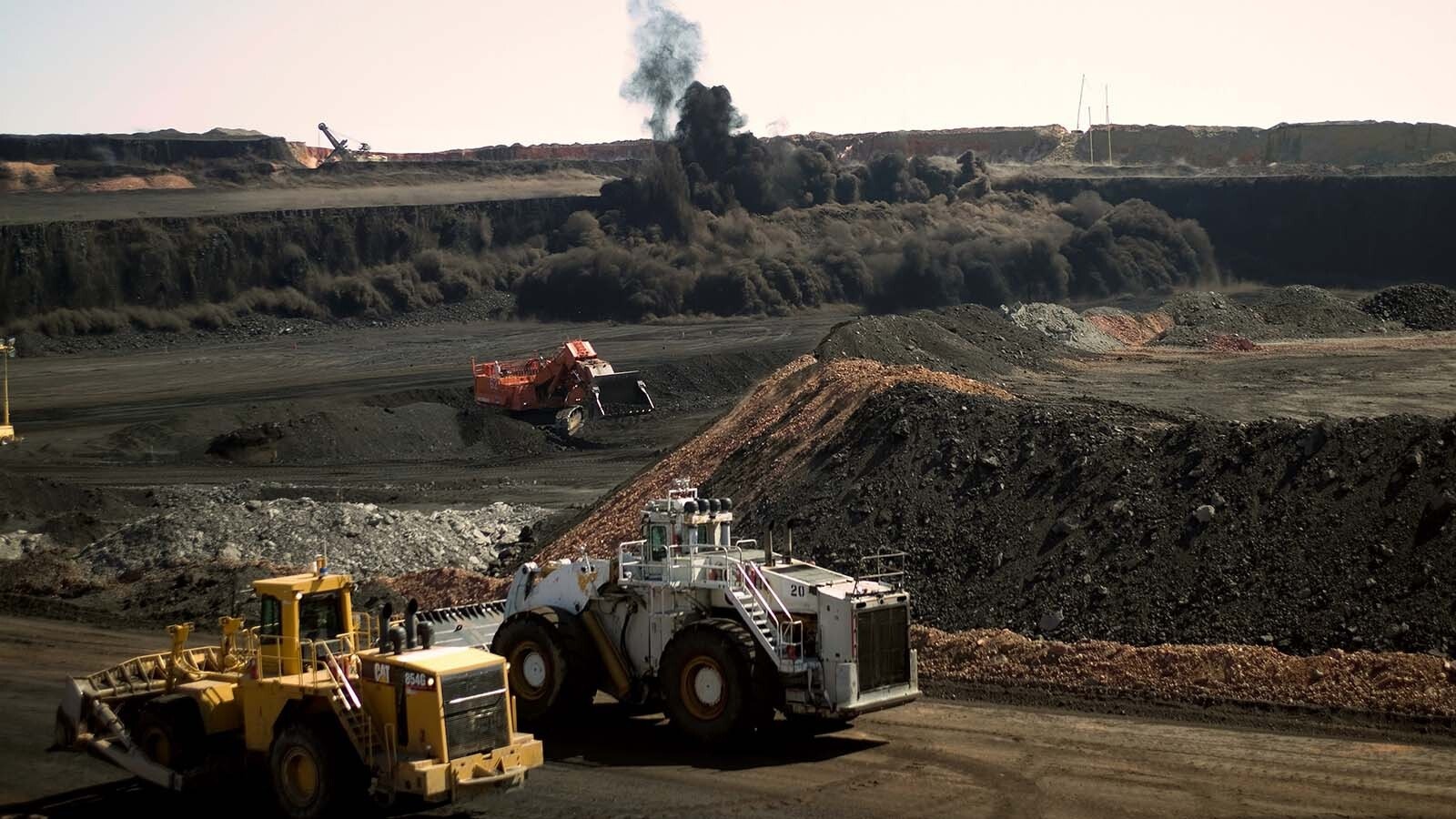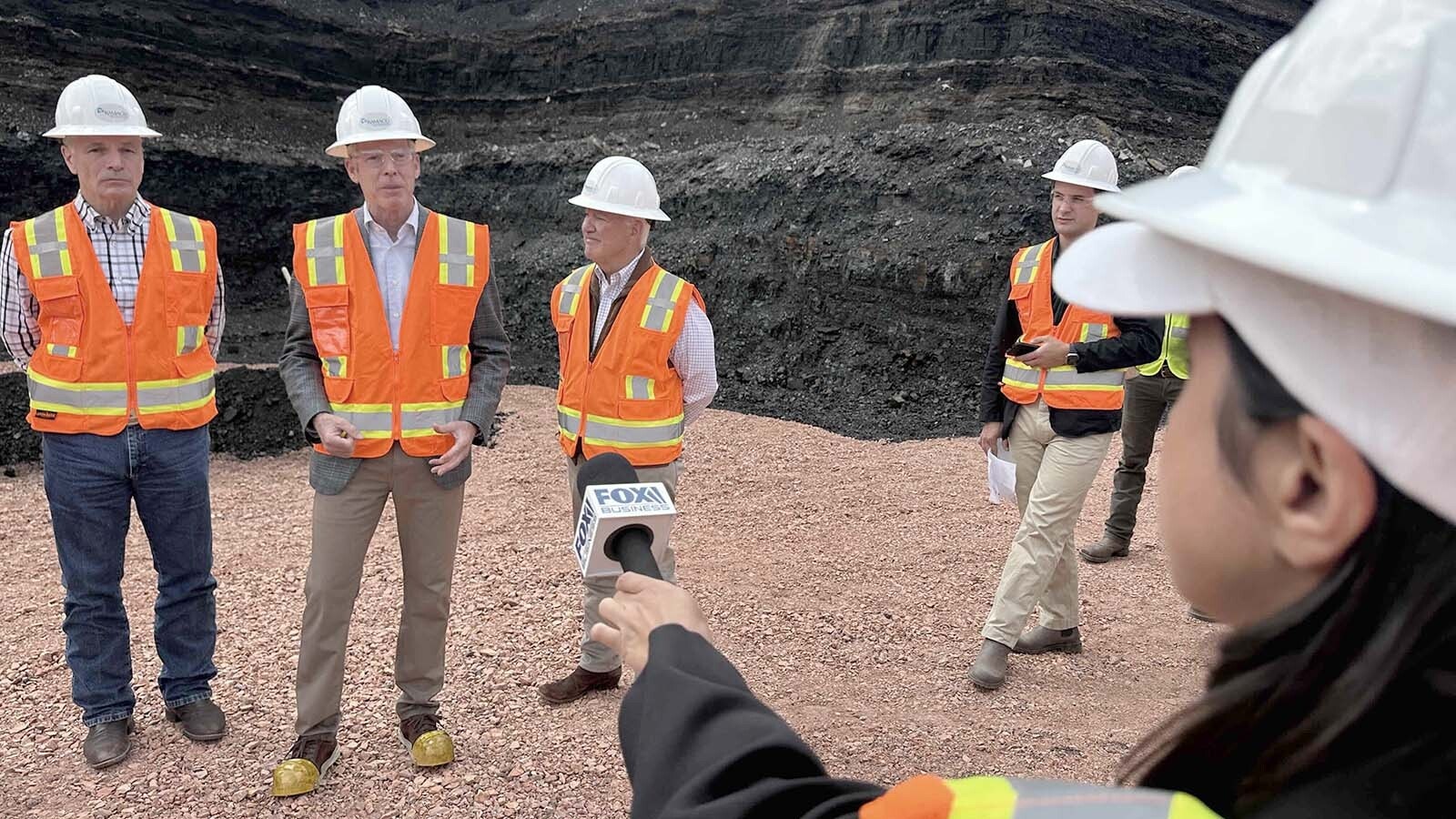Mineral exploration companies are looking for valuable minerals to mine in Wyoming. The prospects look good for gold, copper, zinc, nickel, and platinum mining in the Cowboy State, but realizing that investment runs up against a heavily bureaucratic permitting process, which can easily take a decade.
Visionary Gold Corp, which is based in Vancouver, Canada, is performing exploratory drills to determine the economic potential of its 35 mining claims and 640 leased acres near Jeffrey City in southeast Fremont County.
“Nobody’s really explored for precious and base metals extensively in Wyoming since the early 1900s,” said CEO Wes Adams.
With mineral extraction being one of Wyoming’s key industries — agriculture and tourism being the others — Adams said if these exploratory efforts pan out, it would be a valuable contribution to the state.
Unlike Wyoming’s first prospectors, Visionary has a few more tools to work with to find the metals it’s after. Last spring the company conducted soil samples and magnetic tests to get an idea of what geological structures exist beneath the surface. With this data, the company began to map the geology beneath the surface. This paved the way for drilling exploration, which the company is in the process of conducting now.
“The only way you can really find out what’s down there and be 100% sure about it is to drill it,” Adams said.
These techniques, Adams said, have very little impact on the environment. The holes are about 1,600 feet deep and the operations take 7-10 days to complete. For comparison, drilling operations in shale deposits for oil and gas production go underground between 6,000 and 14,000 feet.
Adams noted that the company hasn’t found anything solid that can be mined economically, and even if it had that today, there’s a lengthy process in the United States in order to get any mine permitted. The mining would take place on state and federal-owned land, so the company would potentially need to go through permitting processes at both levels.
“Typically in Wyoming, there’s a combination of state lands and BLM [Bureau of Land Management], and we’re very comfortable working with both agencies,” Adams said.
The federal process, which is about twice as long as the state process, requires an extensive environmental review, as well as archeological studies to ensure no cultural sites will be disturbed from the mineral development.
Adams said permitting a mine in Canada would take an average of five years. He is hoping that new federal mandates will help expedite the process here in the U.S. As companies face supply chain issues in the wake of the COVID-19 pandemic, more and more of them are hoping for faster permitting processes that will improve domestic supplies of critical minerals.
Last month, Ford Motor Company, for example, asked the federal government for expedited permitting, CBT News reported. In a filing with the Department of Interior, the company argued that the decade-long permitting process makes it difficult for American businesses to invest in mineral extraction.
The Russian invasion of Ukraine, which has impeded exports from the two countries, has increased concerns about permitting timelines.
“Because of geopolitical concerns, there is more than ever before increasing demand for domestic production of these metals,” Adams said.
Visionary isn’t the only company exploring for gold in Wyoming. Relevant Gold Corporation has over 40,000 acres of mineral rights in two sites, according to its website. The company has been conducting drilling operations at a site it calls Golden Buffalo, which is located immediately southeast of the Wind River Mountain Range and approximately 37 miles southeast of Lander, Wyoming in Fremont County.
“While Wyoming has seen significant historical mining, it is relatively underexplored and has not seen modern exploration like we are conducting at Golden Buffalo,” said Relevant Gold Chief Exploration Officer Brian Lentz, in a press release on the exploration operations.
Travis Deti, executive director of the Wyoming Mining Association, said shortening the permitting process is a priority for the entire mining industry. Any legislation that moves through the U.S. House of Representatives, Deti said, will likely be attached to a larger piece of legislation and its chances of passing are a “heavy lift.”
“Whether it has a chance in hell … remains to be seen,” Deti said.
Adams said that the source countries from which we get minerals have far fewer environmental and labor regulations. It makes them attractive for mining operations, but Adams said there’s a larger concern.
“Africa is being pillaged for its natural resources, and it’s being done by Chinese and Russian companies that really don’t have to follow the same set of rules that American producers have to follow,” Adams said.
Domestic mineral production would be not only more environmentally sound, Adams said, but also more humane in many cases.





